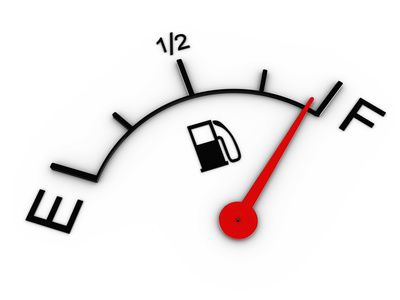Yeah ... AGM is $180 with a 4yr warranty. The 94 is $160 with a 3yr warranty.
I only use my truck on the weekends.
I do not use my Ram these days on a daily basis.
Recently replaced my battery with a maintenance, lead acid battery, H7 by Deka.
The H7 fits in my 2001 Dodge Ram 1500 so I can pass it on to my other truck.
Maintenance battery - worked for me previously, better longevity than maintenance free - my experience, no problem checking the solution level
Deka - because it is made in USA (see below)
I have a battery maintainer with desulfation (desulfation worked for me, however not for another member)
I have come to the conclusion based on a few vehicles either drive the vehicle at highway speeds for 20 to 30 minutes once a week or put it on a battery maintainer with desulfation. That is for battery health, for vehicle health (tires, brakes, seals AC) it is still best to run it.
I also purchased a Launch 560 battery tester, between family cars and motorcycles (total 12) the $80 was well worth it to me.
Also carry a battery jumper pack. Insurance for a just in case and also against crossing wires (getting old - CRS, CRAFT and sometimes just an irrational hard *** with rage issues, as an example when your battery craps out after 2 years on your new Ram).
MY WTF moment when I saw "Made in Turkey" on my Deka battery and the reply from Deka.
"Good afternoon, We continue to make most of their batteries in the US which includes here in Pennsylvania and our 2 new facilities in Oelwein IA and Temple TX. However, given the supply chain issues and labor shortages over the last 2 years, a couple of the part numbers were being product by other partnering companies outside the US to help meet the forecasted demand from some of our retailers. This is only designed to be temporary, however we do not know how long the material and labor shortages will continue before returning to normal levels. We are starting to see levels returning to a more normal state recently and have already made changes in production in the US. The batteries that are being produced outside the US were being made to our standards and still carry our warranty."
Based on what I have read so far the battery market is being consolidated. I am keeping my fingers crossed that Deka will stay USA made.

www.repairsmith.com













